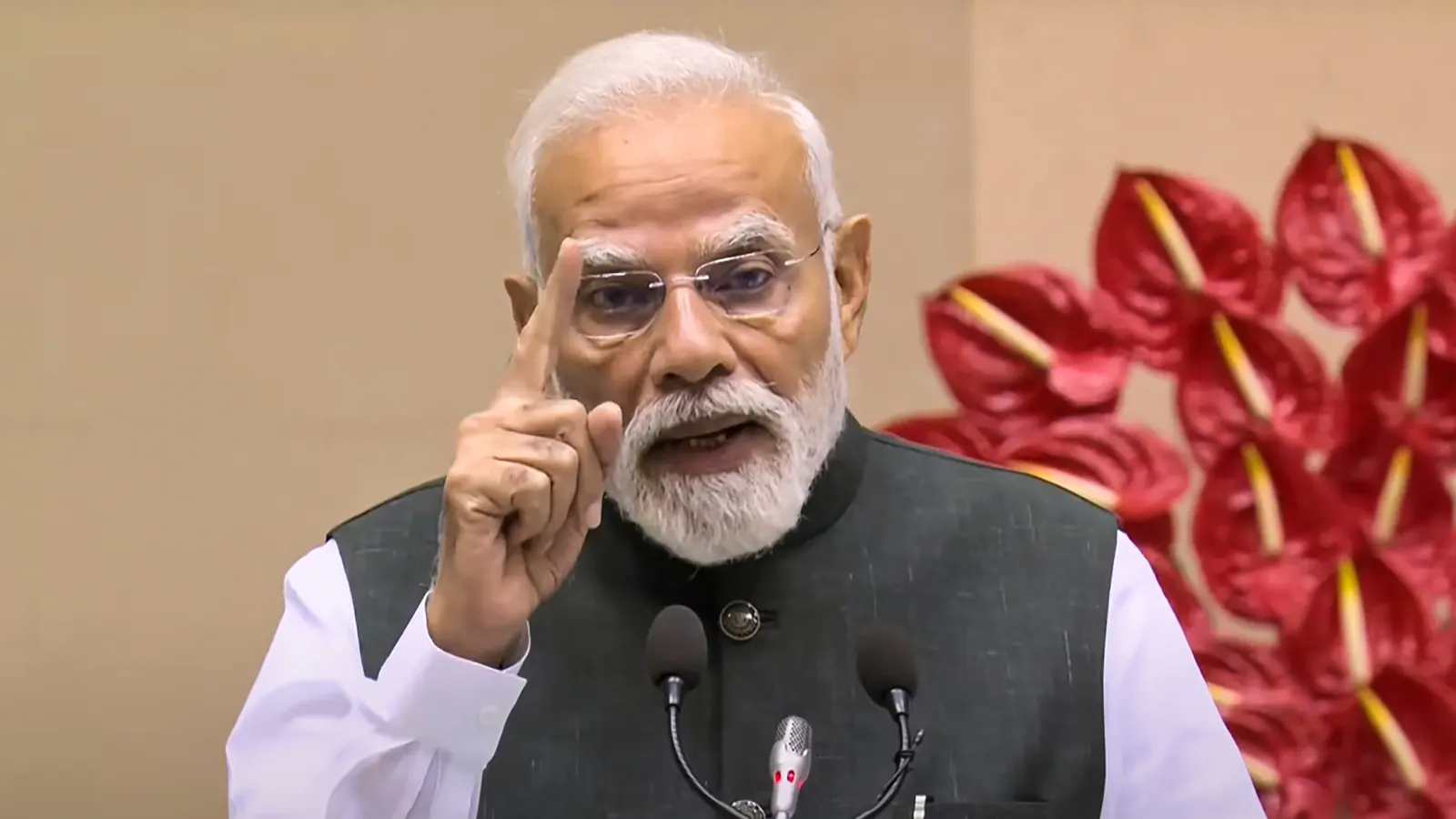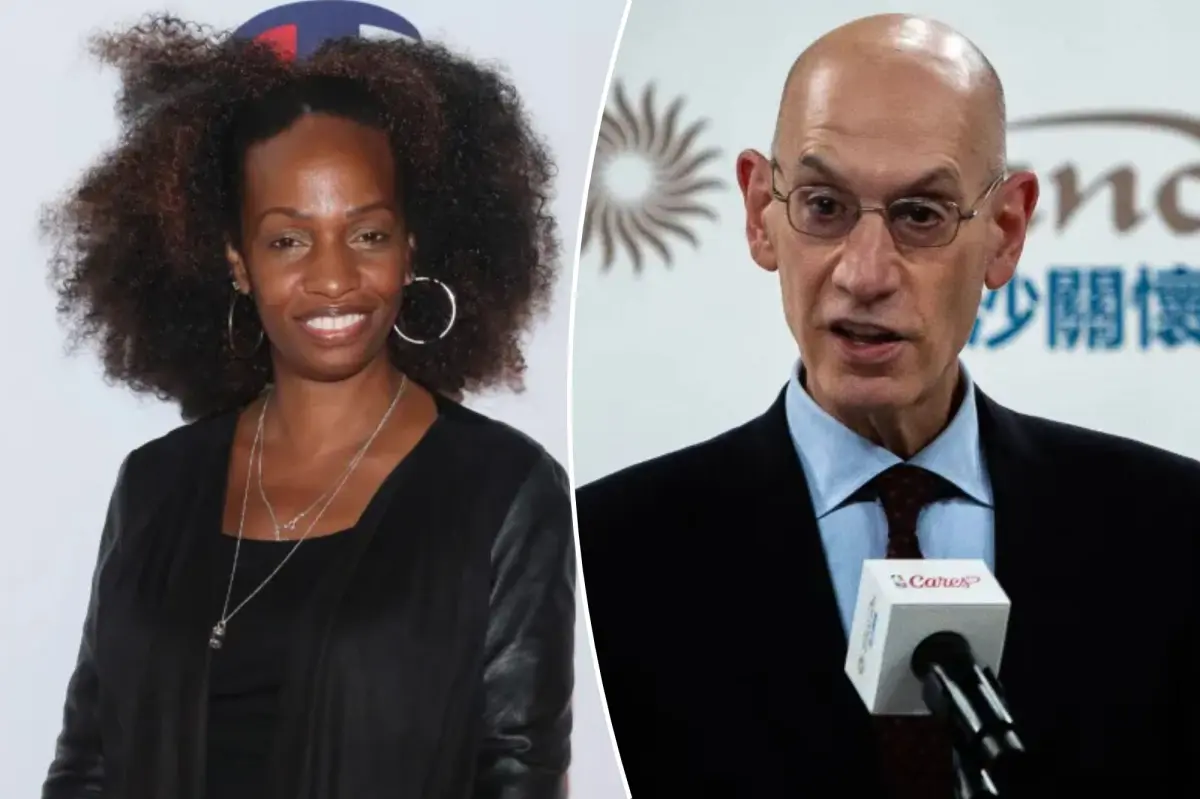Copyright news18

Prime Minister Narendra Modi has been encouraging the citizens of India for the past three to four months to adopt Swadeshi (use of indigenous products) and self-reliance. Since his government came to power in 2014, he has promoted reducing dependence on foreign goods and embracing self-reliance through initiatives like ‘Make in India’ and ‘Make for the World’. During the Covid-19 pandemic, he also emphasised the importance of being ‘Vocal for Local’. Recognising that global economic instability could impact Bharat, Modi reiterated his commitment to Swadeshi and atmanirbharta (self-reliance) in his Independence Day address, ‘Mann Ki Baat’ radio programme, and various other events. He has consistently appealed to people to embrace Swadeshi. India’s festival season, spanning two to three months, includes celebrations such as Ganesh Chaturthi, Vijayadashami, Deepawali, Chhath Puja, the New Year in some states, and Eid. These festivals bring joy and enthusiasm to society. Traditions like lighting homes, exchanging greetings and sweets, wearing new clothes, and giving gifts are integral to these celebrations. October 2, the birth anniversary of Mahatma Gandhi, is also celebrated as ‘Khadi Day’. To integrate Swadeshi and atmanirbharta into these traditions, Modi urged people: “We will buy only Swadeshi goods, decorate our homes with Swadeshi, and enrich our lives with Swadeshi.” He suggested using Bharat-made products and gifts during Ganeshotsav, wearing attire woven in Bharat, crafting decorations from Bharat-made materials, and using Bharat-made lights. Emphasising the importance of labour and the working class, he stated: “The money may belong to someone, but the products will be ours; whatever is produced will carry the fragrance of my country’s soil, the essence of my Bharat mata.” Modi’s call was not merely emotional; it aimed at the economic empowerment of the socially and economically backward sections of society. Ancient Bharatiya society functioned as a self-reliant unit, with each class having a specific role defined by tradition. Mahatma Gandhi also mentioned this in his book Hind Swaraj. Most festival essentials are traditionally made by the marginalised and underprivileged communities, constituting more than 50 percent of the backward classes. For instance, during Diwali, items like lamps (diyas), khadi and handloom products, candles, firecrackers, flower garlands, toys, worship materials, shoes, ornaments, jewellery, and sweets are made by potters (Prajapatis), cobblers, women working in cottage and small industries, small artisans, tribal communities producing local forest-based goods, and artisans from Bengal known for their craftsmanship. Although jewellery is sold in large showrooms, local craftsmen often make it. Vendors who sell small products on handcarts, roadside stalls, or footpaths rely on the income they earn during the festive season. However, as these items began to be imported from foreign countries, the poor lost their means of livelihood. Toys, decorative lights, firecrackers, and festive decorations dominated by foreign markets turned the Diwali of the poor into a festival of despair. According to the Confederation of All India Traders (CAIT), business activities across the country generated a turnover of Rs 5.40 lakh crore during Diwali 2025, compared to Rs 4.25 lakh crore in 2024 – a 25 percent increase in trade. This trade, excluding corporate and agricultural sectors, represents about 9 crore small business units. The service sector also recorded business worth Rs 65,000 crore. Around 72 percent of traders believe this surge in business resulted from a reduction in the Goods and Services Tax (GST). Additionally, 87 percent of consumers expressed their gratitude towards the Prime Minister by purchasing Swadeshi products. It is estimated that around 50 lakh people gained short-term employment during this period. Small towns and rural areas contributed about 28 percent of the total sales. Government initiatives like the ‘Kumhar Empowerment Programme’ and the promotion of textiles, metalwork, woodcraft, and bamboo industries under the MSME sector have received a boost. According to the latest market analytics report, consumer spending during India’s festival season is expected to reach between Rs 12 lakh crore to Rs 14 lakh crore. Thanks to Modi’s call for ‘Khadi for nation, khadi for fashion’, khadi sales have increased by 447 percent compared to 2014. In 2014, total khadi sales stood at Rs 3,154 crore, whereas in 2025, they have reached Rs 1.71 lakh crore. This growth has created over 10 lakh new jobs in the khadi sector. Pandit Deendayal Upadhyaya’s philosophy placed the concept of antyodaya – the welfare of the poorest – at the centre. As a result of the PM’s call, this Diwali has not only brought joy and enthusiasm to all sections of society but has also become a means of empowerment and employment for the backward classes, Dalits, and women. The income generated during the festival will increase market purchasing power, strengthening our economy. This economic resilience will enable us to withstand global challenges and adverse cycles. To strengthen the economy, the principles of Swadeshi and atmanirbharta should not be observed only occasionally but must become a permanent mantra of our lives. (The writer is the national joint general secretary, organisation, of the BJP. Views expressed in the above piece are personal and solely that of the author. They do not necessarily reflect News18’s views)



